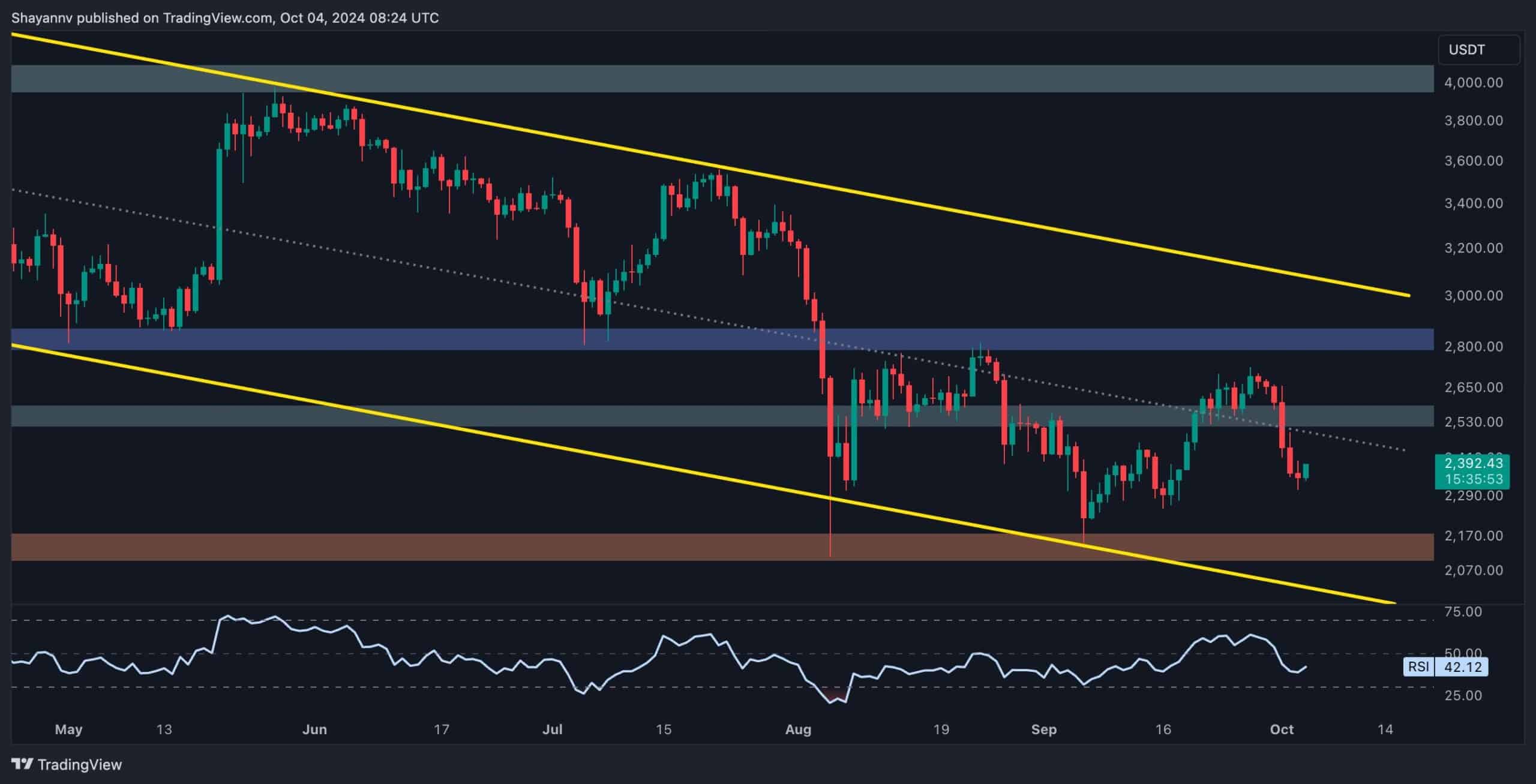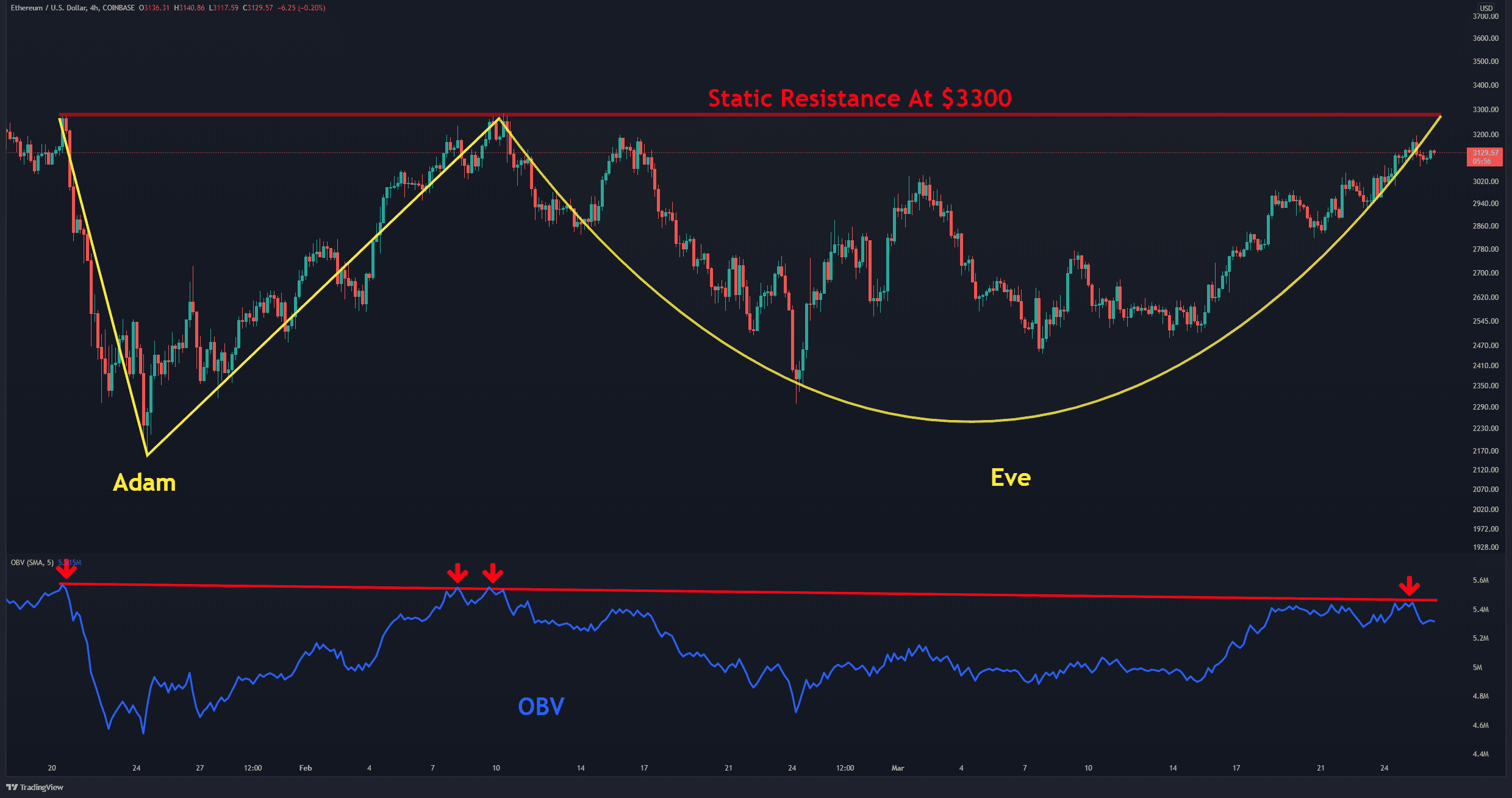Zambia Explores Creating its Own Digital Currency After Bashing Crypto
Zambia’s central bank is reportedly conducting research on its own digital currency in hopes of cutting transaction costs and boosting participation.
“The results of the research will form part of the input in the policy considerations on whether to introduce a central bank digital currency in Zambia,” officials revealed cited by Bloomberg.
Central bank digital currencies (CBDC) are digital tokens tied to a nation’s currency and run by its central bank. Officials hope that the CBDC could expand the number of people with access to financial services while also improving traceability, efficiency, and safety of payment systems.
Zambia’s central monetary authority expects the results of the research to come in by the fourth quarter of 2022.
CBDCs vs. Bitcoin
Unlike cryptocurrencies like Bitcoin, CBDCs are tied to a given fiat currency. That’s why they likely won’t experience that much in terms of price volatility. In fact, earlier this month, the Bank of Zambia warned about the potential risks associated with dealing with digital assets.
“People who want to deal in them should have a clear understanding of all the risks that come with such payment and investment instruments.”
On the other hand, CBDCs face criticism due to centralization. Unlike Bitcoin, a CBDC will likely be under complete control of one party – the central bank. This is where the Chinese effort to launch a digital yuan has experienced significant backlash from other monetary participants.
CBDCs Developing Countries
Zambia may soon join countries like China, Thailand, Malaysia, Nigeria, and others that have launched or piloted their own digital currencies.
Developing countries are at the forefront of innovation in payments. This is because many of their citizens have limited access to traditional banking services.
For that reason, mobile-based money transfer services like the Kenyan M-Pesa are disrupting the payments systems in these countries.
Similar services based on blockchain tech could also take a fair share of the pie. For example, Bitcoin’s Lightning Network is popular in certain places in El Salvador and is gaining traction in other populated areas.









